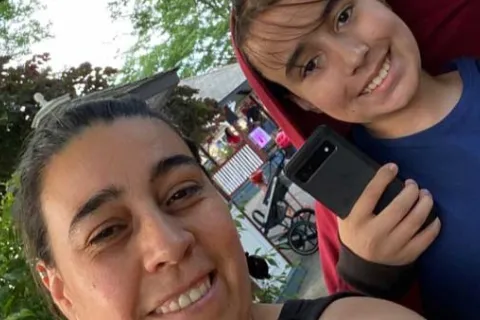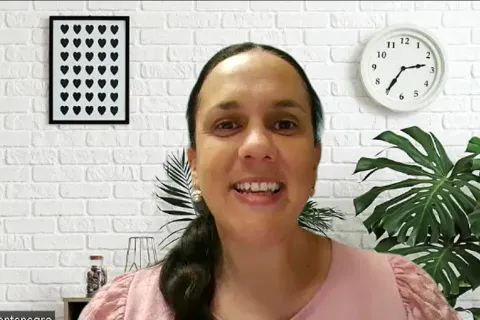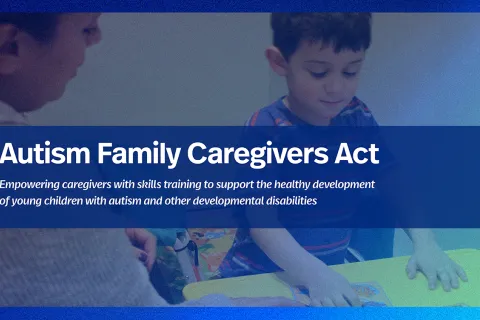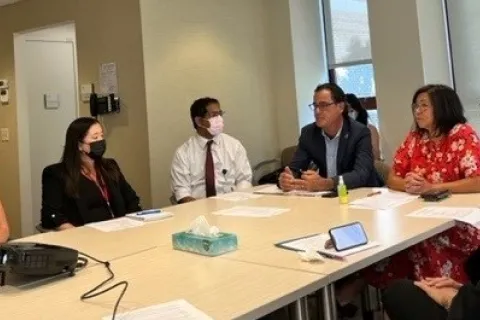WHO Caregiver Skills Training improves parent and child outcomes in urban India
February 1, 2022Research published recently in the Journal of Autism and Developmental Disorders shows that the World Health Organization’s (WHO) Caregiver Skills Training (CST) program improved outcomes among families in urban India. Children whose parents completed the training showed improved communication, social skills and daily living skills, while parents showed reduced stress and stronger caregiver skills and knowledge.
The CST program was developed to teach caregivers who are unable to access early autism detection and intervention services strategies to improve care for their autistic child. Rather than requiring families to seek out a skilled specialist, WHO empowers non-specialist providers like community workers and teachers to deliver parent training with supervision from skilled trainers in the community.
In this study from Mumbai, India, 22 caregivers of children aged 2 to 9 years with social-communication delays participated in the CST program. Twenty of the children had a formal autism diagnosis. The trainings consisted of nine group sessions and three home visits, all focusing on ways parents can improve in-home interactions with their children to encourage healthy development. Trainings took place in two schools for children with communication and developmental delays and were facilitated by three teachers and a psychologist.
During the group sessions, facilitators used video clips to show common communication and behavioral challenges and worked with parents to model effective intervention strategies. In home visits, facilitators observed caregivers’ interactions with their children and helped them implement the strategies they learned during their trainings.
Results gathered at the end of the program show promising improvements among both caregivers and their children. Parents found the course content helpful, applicable and relevant to their lives. They felt that the program helped them better understand their child’s behaviors and changed their parenting style to be more responsive to their child’s needs. They also reported that the program improved their well-being by building their confidence and reducing stress. Children showed positive results as well, with significant improvements in communication, social skills and daily living skills.
However, there were some limitations to the training approach. Many parents struggled to make time to practice the new strategies and routines they learned during the program with their children. Facilitators also expressed challenges, saying they found it difficult to juggle home visits and preparation for group sessions with their regular work responsibilities.
Regardless of the limitations, these results show that the CST program can help families in countries with limited access to early autism detection and intervention services. Many low- and middle-income countries, like India, lack enough trained providers to diagnose children with autism. In addition, skilled specialists are often costly and located in urban areas, making them inaccessible to rural populations.
In the absence of affordable and accessible early intervention services, parents in these countries are left to care for their autistic child without the necessary skills and support, negatively affecting the child’s development and their own well-being. The CST program can help these parents understand their child’s needs, cope with behavioral challenges and implement intervention strategies in their daily routines.
Learn more:








